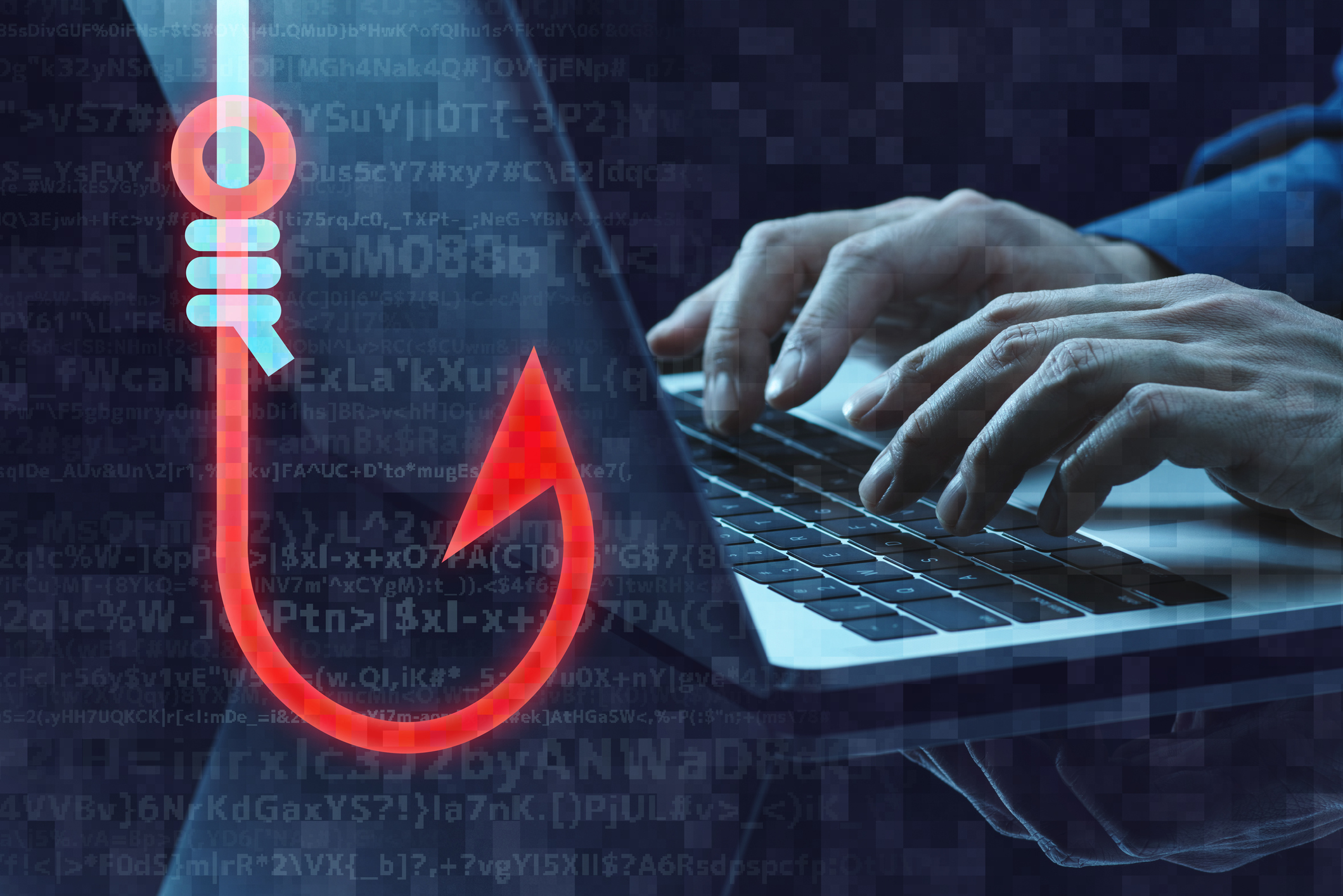Phishing scams have been around for a long time, but they continue to evolve into new and more sophisticated forms. These scams are designed to trick you into giving away sensitive information such as your passwords, credit card details, and personal info. With the rise of remote work and online shopping, it’s now more important than ever to know how to spot and avoid these scams. In this article, we’ll give you some top tips on how to stay ahead of the game and outsmart phishers.
Stay Ahead of the Game: Our Top Tips to Avoid Phishing Scams
The first step in avoiding phishing scams is to keep yourself informed. Stay up to date with the latest scams and phishing tactics by reading news stories and blogs that cover online security. You can also follow security experts on social media platforms like Twitter and LinkedIn to get real-time updates and tips.
One of the most common tactics used by phishers is to create fake websites that look like legitimate ones. Always check the URL of the website before entering any personal information. If the URL looks suspicious or different from what you’re used to, don’t enter any information and leave the site immediately.
Another tip is to avoid clicking on links in emails or messages from unknown senders. Always hover your mouse over the link to see the URL before clicking. If the link looks strange or unfamiliar, don’t click on it. Instead, type the URL directly into your browser to access the website.
Don’t Get Hooked: Spotting and Avoiding New Phishing Schemes
Phishing scams are always evolving, so it’s important to know how to spot new schemes. One of the latest trends is “smishing” where scammers send text messages with links to malicious websites. Always double-check the source of the message before clicking on any links.
Another new trend is “voice phishing” where scammers call you pretending to be from a legitimate organization like your bank or the IRS. They’ll ask for personal information over the phone, which you should never give out. Always hang up and call the organization back directly to verify the call’s legitimacy.
Protect Yourself: Essential Strategies to Keep Your Online Identity Safe
Protecting your online identity is key to avoiding phishing scams. Make sure you have strong passwords for all your accounts, and never reuse passwords across multiple accounts. You can also use a password manager to generate and store strong passwords for you.
Another essential strategy is to enable two-factor authentication (2FA) for all your accounts. 2FA adds an extra layer of security by requiring a second form of verification, such as a code sent to your phone or email, before allowing access to your account.
Finally, make sure you have up-to-date antivirus software installed on your computer and keep it regularly updated. This will help protect you from malware and other online threats.
Let’s Get Smart: How to Outsmart Phishers and Keep Your Data Secure
Phishers are always coming up with new tactics, so it’s important to be smart and stay one step ahead. One way to outsmart phishers is to use a virtual private network (VPN). A VPN encrypts your internet connection, making it more difficult for hackers to intercept your data.
You can also use anti-phishing software that detects and blocks phishing emails and websites. This software can be installed on your computer or added to your web browser as an extension.
Finally, always trust your instincts. If something seems suspicious or too good to be true, it probably is. Don’t let your guard down and always be cautious with your personal information online.
Stay Safe Online
Phishing scams can be scary, but with the right knowledge and tools, you can protect yourself and keep your data safe. Remember to stay informed, stay vigilant, and always trust your instincts. With these tips, you’ll be able to avoid new phishing scams and stay safe online.


